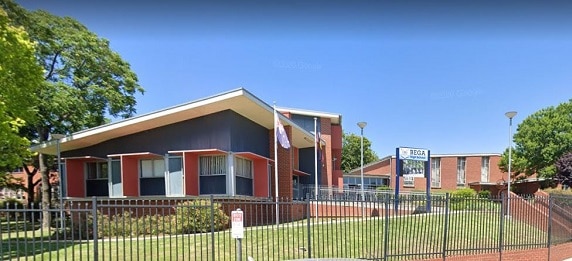Students on the South Coast will return to school under COVID-smart settings that will minimise the risk of the virus and allow teachers and pupils to return safely to the classroom.
As part of the new measures announced by the NSW Government on Sunday (January 23), every student and teacher in NSW government and non-government schools will be able to receive rapid antigen test (RAT) kits before school returns on February 1.
The COVID-Smart Plan to keep schools open and students safe includes:
- Twice a week surveillance testing for primary and high school students, school staff and early childhood staff. Surveillance testing will be undertaken for the first four weeks of term, with two weeks of supply distributed before term starts
- Mandatory mask wearing for all staff and high school students, with masks encouraged for children in primary schools
- Limiting interaction between year groups
- Limiting visitors to those providing essential curriculum and wellbeing support
- COVID-safe settings in place for music, sport and excursions
- Maximising natural and mechanical ventilation, with air purifiers dispatched to where they are needed
- Contingency plans in place to manage any disruptions to the workforce
Premier Dominic Perrottet said supporting students to return safely to the classroom is vital after two years of disruption to their education.
“Students learn best at school, some students have spent a quarter of their schooling at home. We’re committed to bringing students back safely,” Mr Perrottet said.
“New COVID-smart measures will help make this happen, including surveillance testing both students and staff twice weekly with RATs.
“What is most important about this approach is that it allows students to enjoy all aspects of their schooling in a safe and sensible way.
“The government is distributing more than 12 million RATs to over 3150 government, non-government schools and early childhood centres to assist with surveillance testing of staff and students.”
Minister for Education and Early Learning Sarah Mitchell said testing complements other COVID smart measures in schools, including mandatory vaccination for staff, increased vaccination coverage for students , mask-wearing, cleaning, cohorting and limited visitors on-site.
“We have worked closely with the Victorian Government to create plans that achieve the same important goals of seeing our students learning in their classrooms safely and with minimal disruption,” Ms Mitchell said.
“Activities students love, such as music, school sport and assemblies, will continue with settings in place similar to late last year.”
A number of staffing contingencies are in place including utilising retired and studying teachers.
The Association of Independent Schools of New South Wales Dr Geoff Newcombe AM said all three school sectors worked closely together to develop the back to school arrangements.
“School communities should feel confident about returning for Term 1 under these arrangements, which allow a wide range of activities to proceed with appropriate risk-assessment and planning,” Dr Newcombe said.
Catholic Schools NSW Chief Executive Officer Dallas McInerney said it is imperative that we have schools that are safe and that remain open.
“We need to keep our students, teachers and families safe and also provide stability. We know that our kids learn best when they’re in the classroom with their teacher and peers,” Mr McInerney said.
Families will be notified by their schools on how and when to collect the RAT kits for their children.
In the 12 to 15-year-old age group, more than 80 per cent of children have had their
first dose of a COVID-19 vaccine, and 78 per cent are double-dosed. In the 5 to 11-year-old age group, more than 24 per cent of children have had their first dose.
Clinical evidence suggests the Omicron variant is milder and less likely to result in serious illness, particularly amongst children, and that vaccines, especially boosters, are effective in protecting the community. More information on the return to school settings for NSW public schools is available HERE.
Image Credit: Google Maps









